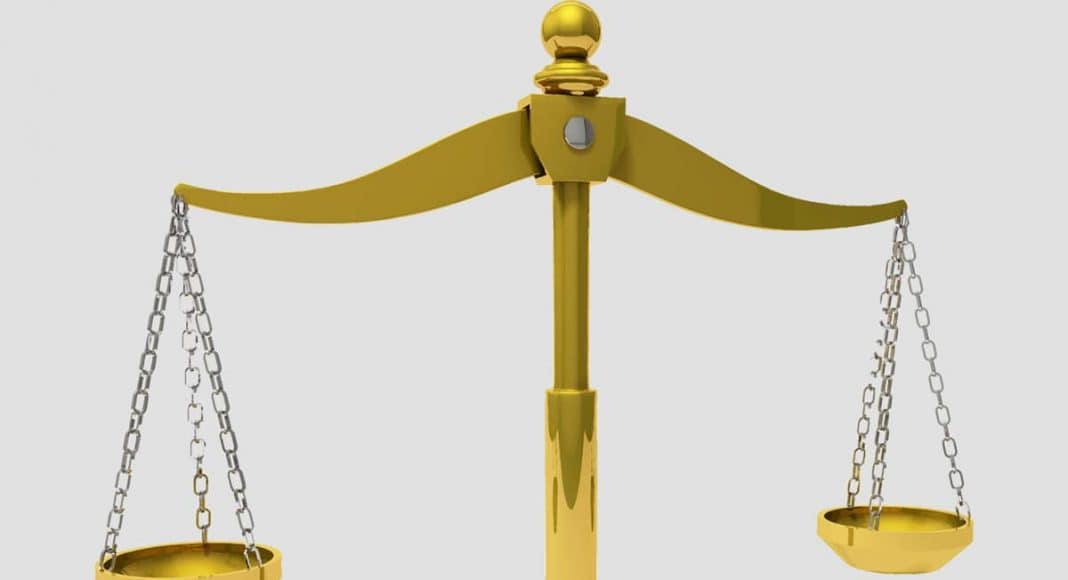Ohio is not usually considered marijuana-friendly, but there are signs that things are changing in the Buckeye state.
Earlier this week, Supreme Court Justice William O’Neill announced his candidacy for governor. O’Neill, 70, boldly put marijuana legalization atop his platform for the Democratic nomination. In making his announcement, O’Neill declared:
“The Democratic Party has always been the party of ideas, but we have somehow lately become the party of careful consultants who advise, ‘Don’t do anything that is going to annoy anyone.’ So today I am going to do something that will surely annoy some people: I’m going to talk about ideas.”
Aside from marijuana law reform, the liberal Democrat will focus on climate change, clean energy, higher minimum wages and improved mental health care.
According to a report by the Associated Press:
He says Ohio can make $200 million on the [marijuana legalization] effort and save another $100 million by releasing all non-violent marijuana offenders from prison. He proposes using the money that will be saved to build a state-run mental health system that would “treat addiction like the disease it is.”
Ohio’s cannabis laws are not overly draconian compared to other states, especially in the South. In June 2016, Gov. John Kasich signed into law a bill allowing a medical marijuana program. That program, however, will not go into effect until September 2018 — 2 1/2 years later. The bill does not allow for smoked marijuana. In 2015, a ballot initiative to legalize cannabis failed.
-
Related Story: Ohio Introduces Resolution to Take Cannabis Off Schedule I
In 1975, Ohio became the sixth state in the nation to decriminalize cannabis. Under Ohio law, the possession of up to 100 grams of marijuana is a “minor misdemeanor” which carries a maximum fine of $150. Possession of more than 100 grams but less than 200 grams of marijuana is a misdemeanor punishable by up to thirty days in jail and a $250 fine.
Because of age limits, O’Neill will no longer be able to serve on the bench at age 70. He joins an already crowded field for his party’s nomination. Four other Democrats have entered the race and there are four Republicans in the race. Because of term limits, Gov. Kasich cannot seek re-election.


